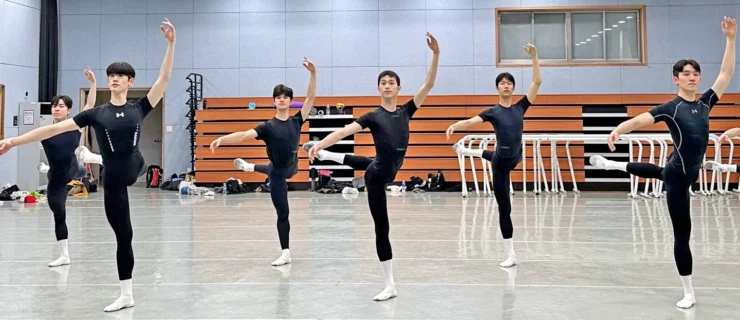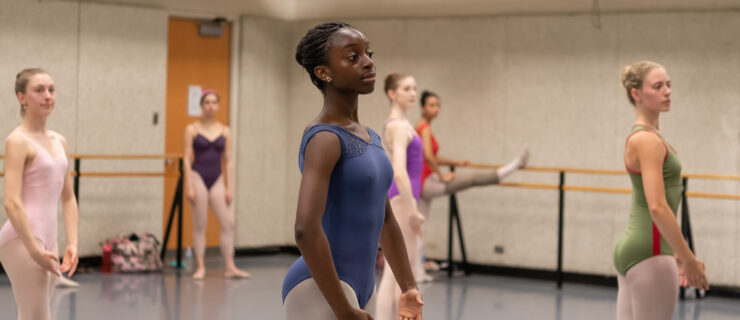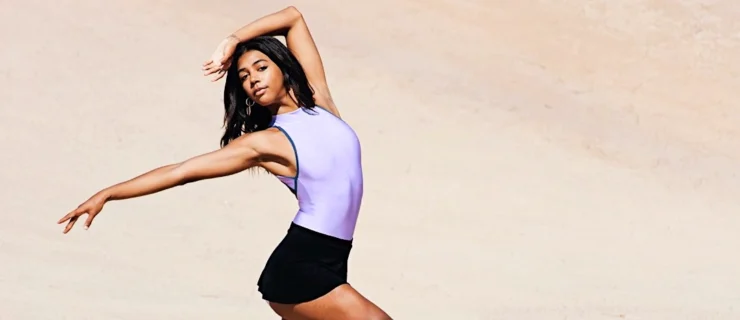Translating Your Ballet Experience Into a Meaningful College Admissions Essay
If you’re hoping to major or minor in dance, crafting a stellar college application essay is an important part of that journey. But how can you write about your passion for ballet in a way that is meaningful to college admissions professionals—many of whom may not be dancers or artists themselves? First, recognize that “you are different in a good way,” says Brock Snyder, associate dean of high school academic programs at University of North Carolina School of the Arts in Winston-Salem, North Carolina. “As a trained dancer, you have a piece of the puzzle that a lot of high-schoolers don’t have. Applying to colleges is not the time to be modest.”
Here are some other tips to help you set your essay apart.

1. Know Why the Essay Matters
Have you been honing your technique and artistry to prepare for dance department auditions? At some schools, you must be admitted to the college or university as a whole before you can audition to join the dance program or be considered for dance scholarships. That means that the essay, as part of your primary application package, carries a lot of weight.
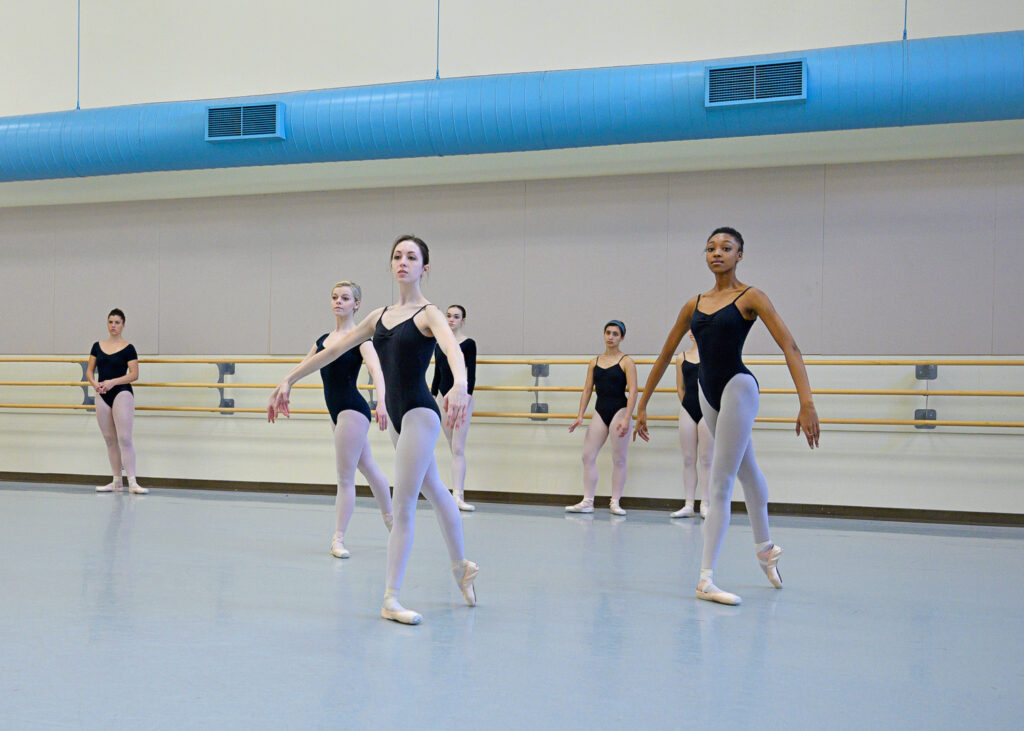
How much weight, exactly? “It used to be that GPA mattered most, then test scores, and the essay would rank third or even fourth, after teacher recommendations,” says Snyder, who has been counseling prospective college students for 17 years, and high school dance students for 14 years. “Now, I’d say the essay is number two. That’s why it’s so important to put a lot of thought and care into it.”
“There are two main things we look for in an essay,” says Odessa Armstrong, an admissions counselor at Goucher College in Baltimore, Maryland. “One: Can you write? The writing sample shows us if you’re ready to write at the college level. Two: Who are you, as a person? The other parts of your college application don’t tell us much about you. In the essay, you share in your own words who you are, and that helps us see if you’ll be a good fit in our community.”
2. Find the Right Story
In a college application essay, you’re aiming to tell a complete story in a relatively short word count. That said, “You have to dig deeper than ‘I started dancing when I was 6 and I remember my first pair of pointe shoes,’ ” says Snyder.
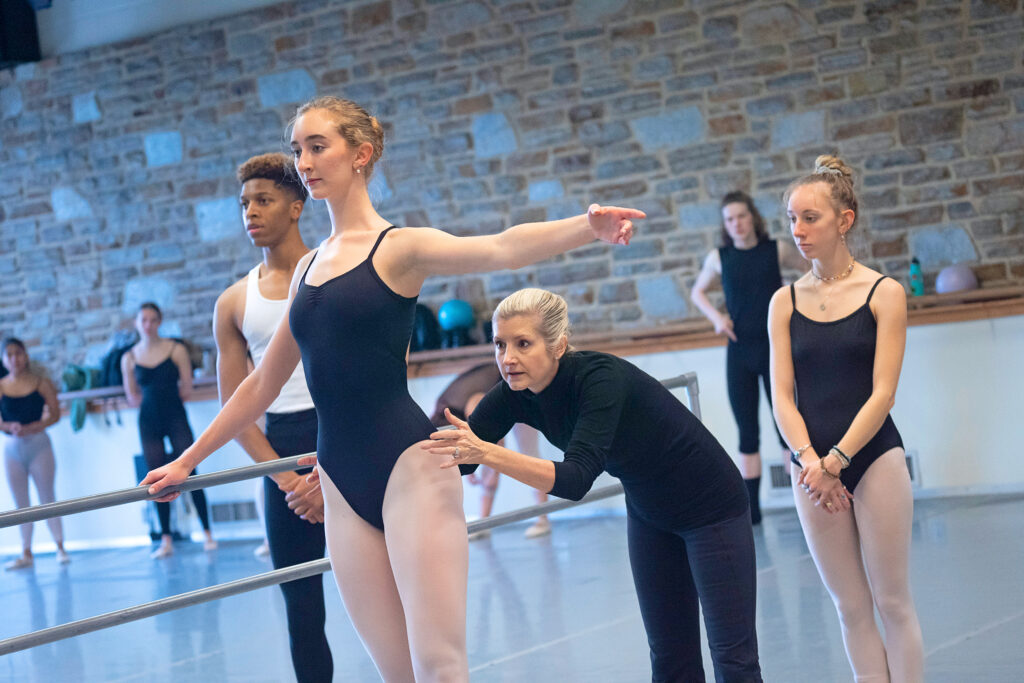
“A story has to have tension in it,” explains Perri Meeks, dean of the upper school at Brooklyn’s Poly Prep, which offers dance as part of its curriculum. Meeks previously worked in undergraduate admissions at Barnard College in New York City, as well as in graduate admissions at Columbia University’s Teachers College. “An essay that lists your resumé will never read as strongly as a more emotional or reflective piece. Why is ballet important to you? What are the values you’ve gotten from your practice of ballet? Have you developed certain skills, like discipline and focus? What friendships have you made? Was there a time you failed?”
Your essay could focus on something practical, like time management. You could talk about overcoming the odds to follow your dreams. You could discuss finding your way back to the stage after an injury or burnout. Or you could share what you learned from tackling a challenging role or entering a competition.
Whatever topic you choose, strive to include specific, rich details that are unique to your perspective and experience. “I love when writers can paint a picture,” Armstrong says. “Put me in that place, whether it’s the dance studio, a performance, or another setting. Use figurative language. Incorporate all of the senses. When I read an essay that is well-written and tells a story that captivates me, I’m excited.”
Put in the Work
At UNCSA, college essay prep starts the summer after junior year. “We encourage students to go on the common application and review the essay prompts, and then to go ahead and start outlining and drafting,” says Yasmine Bell, a guidance counselor for UNCSA’s high school academics program. Meeks recommends high school juniors and rising seniors jot down notes about what they did and how they felt. “Looking back a few months later, you can find common themes that might have a place in your essay,” she says.
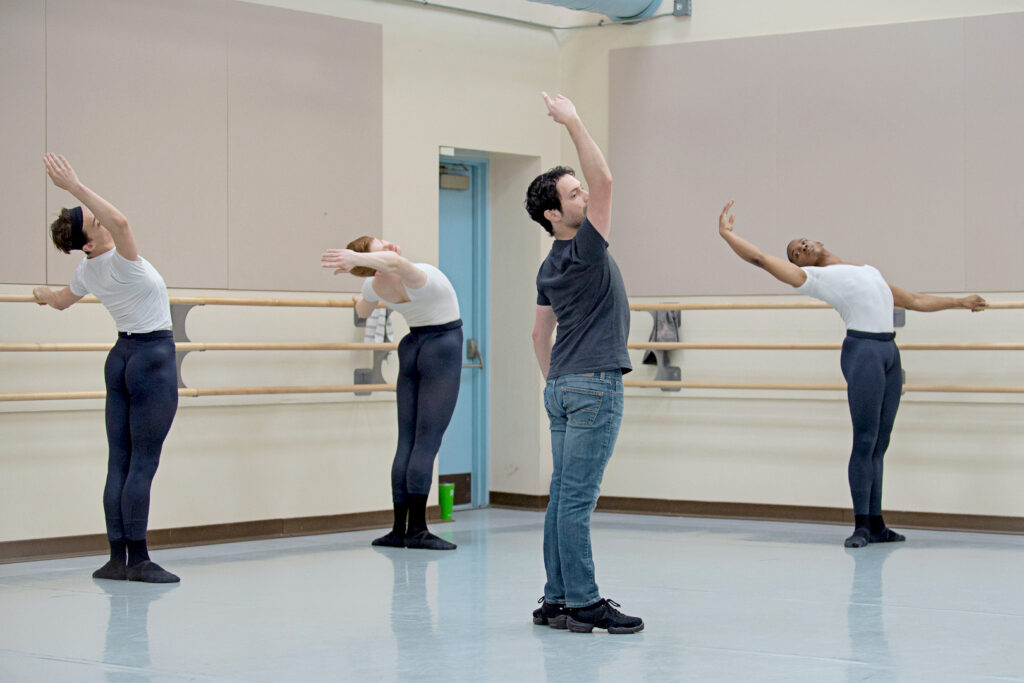
When you have a complete draft, it’s time to get feedback. Show it to your dance teacher, your English teacher, your guidance counselor, your parents—anyone you trust to be honest with you about what’s working and what’s not. Ask for comments on your themes and the story you’re telling, as well as on the grammar and general flow of the essay. Then, be prepared to revise…and revise again. (And again.) “It’s okay if the finished product is different than what you conceived at the beginning,” Meeks says. “Give yourself time to explore your ideas and to find the best way to express them.”
The goal is to send out something that only you could write. The essay should be about your dance journey, and it should feel like it’s written in your authentic voice. “Your passion, your discipline, your commitment to your art—that will all be transferable to whatever you choose to do in the future,” Snyder says. The college essay is only the beginning.


